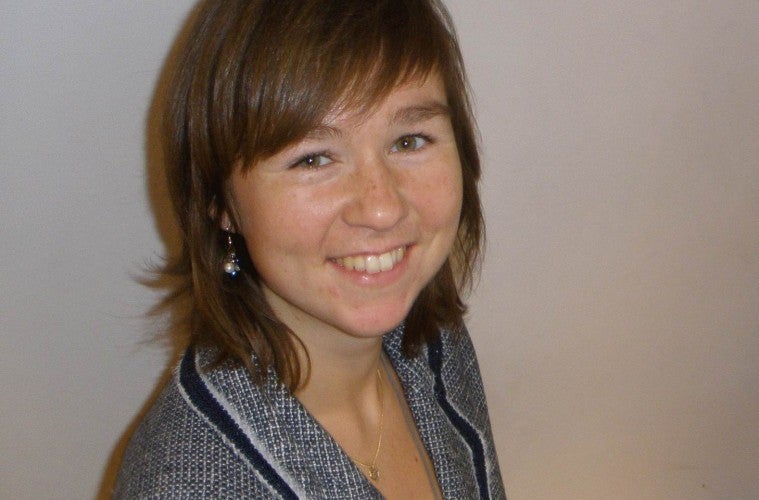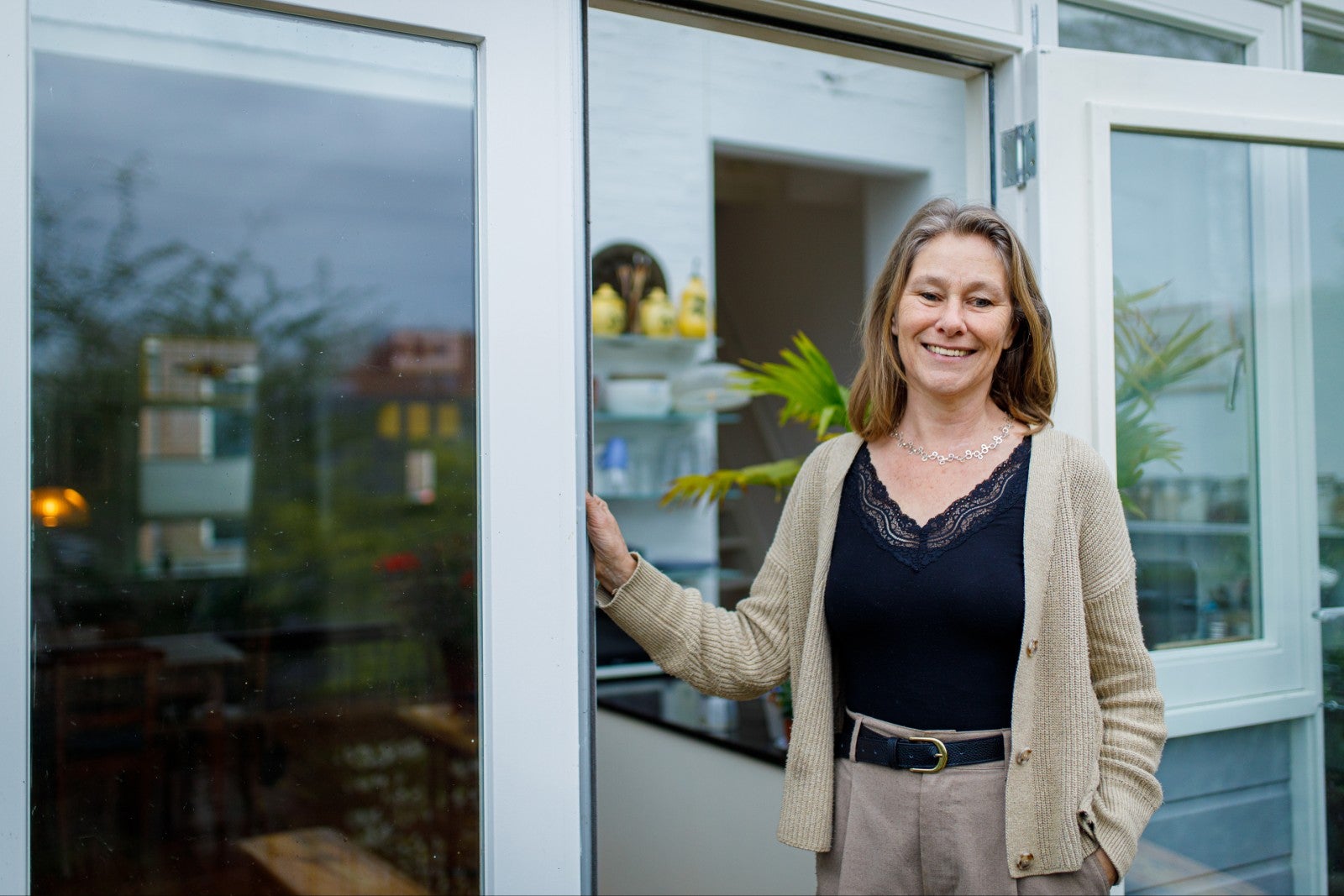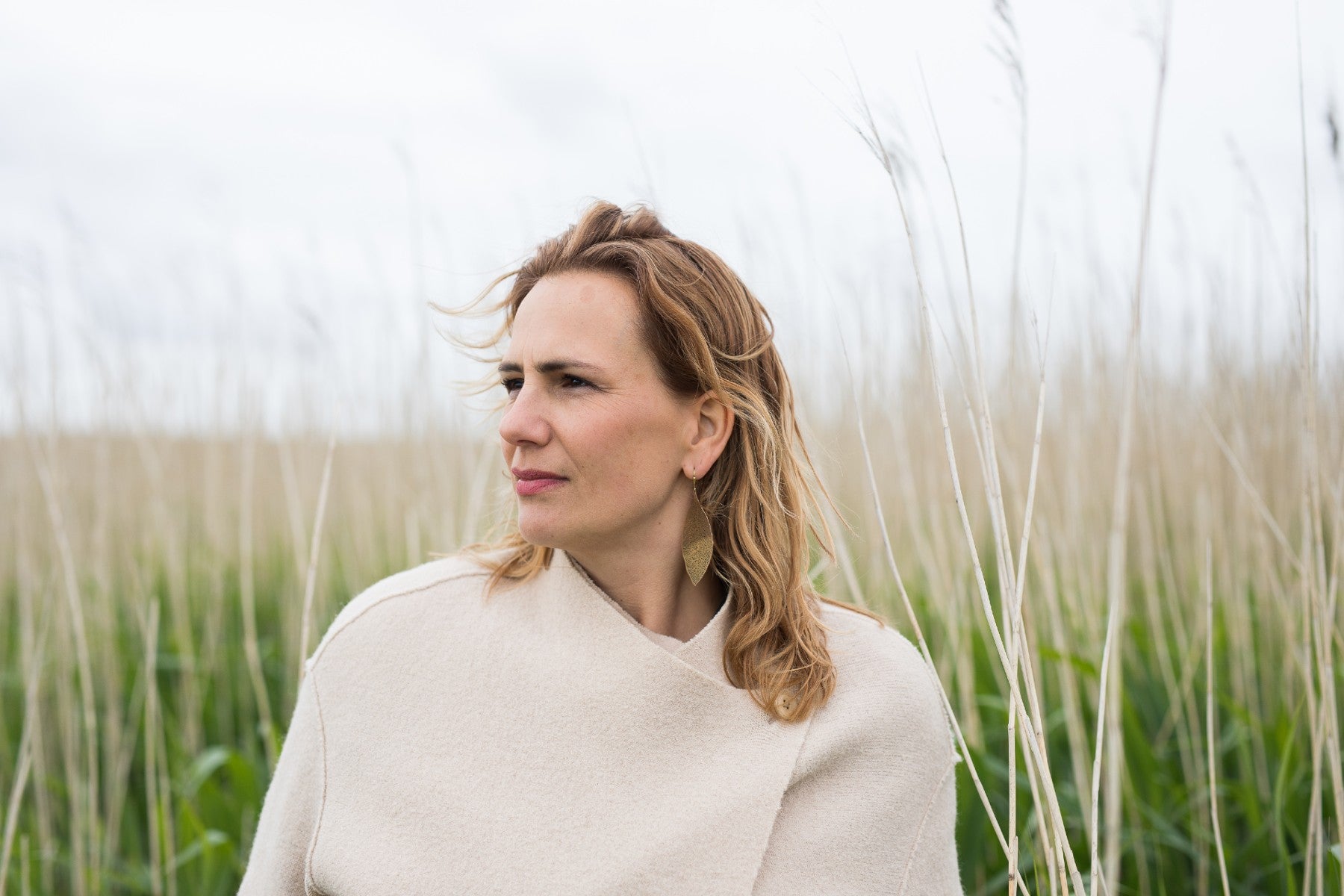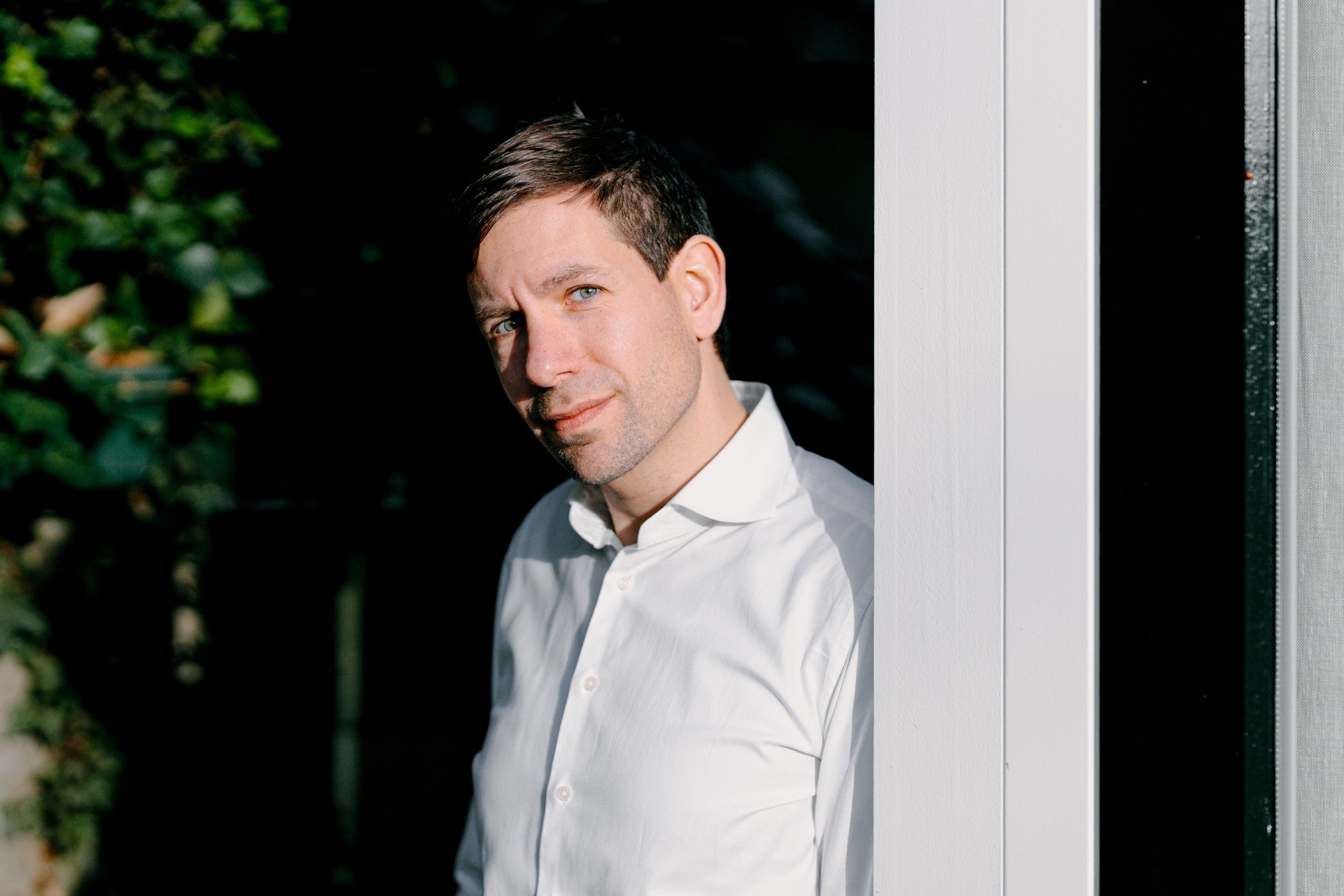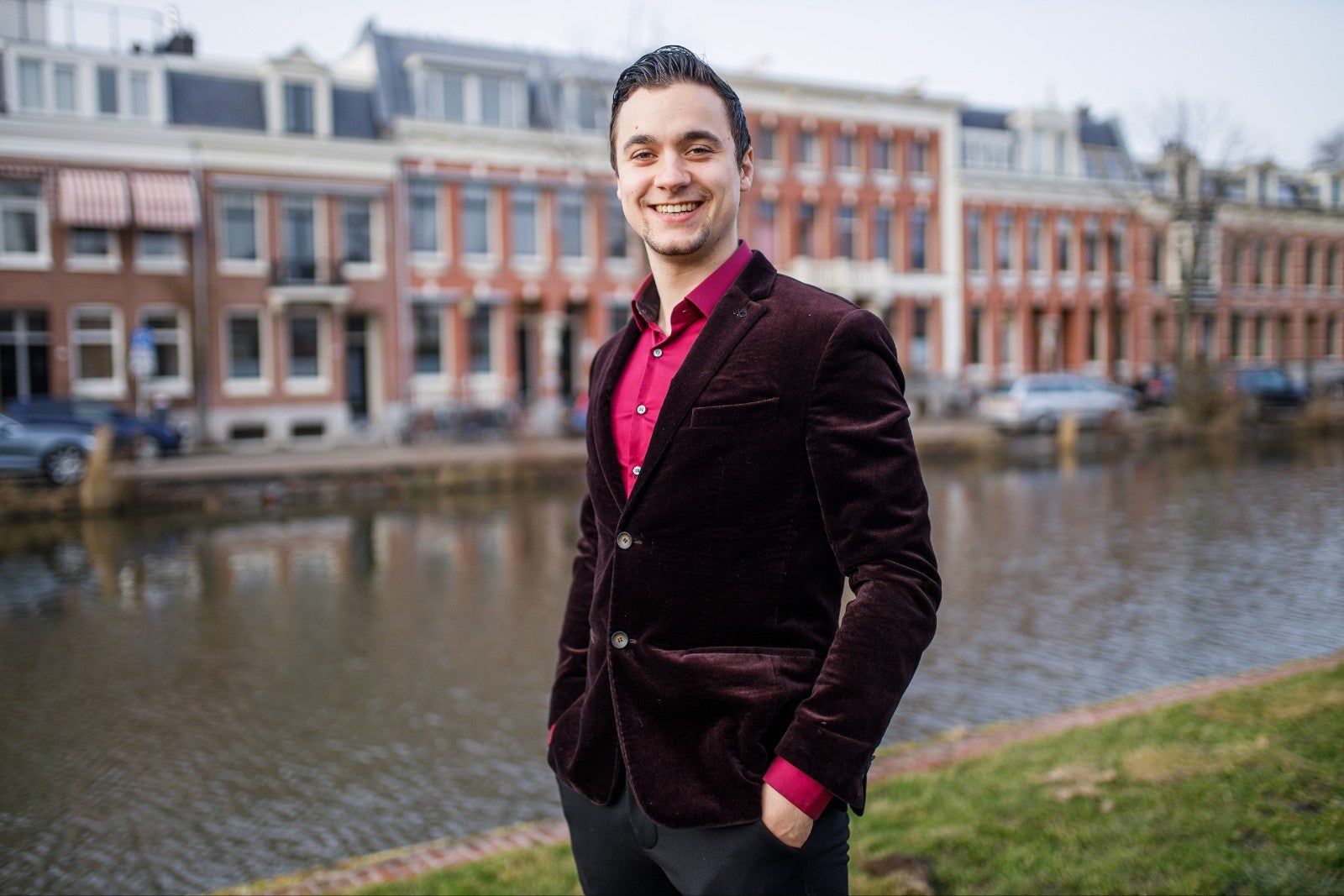Human Movement Sciences researcher at the UMCG in Groningen, Femke Hoekstra, conducts research into how people with a disability or chronic illness can benefit more from an active lifestyle. ‘There is still so much to gain.’
What about your work appeals to you most? “The diversity of the work, like collecting and analysing data, writing articles and reports, supervising students and working together with different organisations. When supervising students, I enjoy seeing how they can develop both professionally and personally. Plus, the rural character of the programme really appeals to me, because I see a lot of different places and can experience the impact of our research from close-up. And finally, I enjoy being able to make an important contribution to society.”
What is the most difficult part of your work? “The biggest challenge to me was to adjust our expectations and to find the right balance in the different activities. In the beginning, I had trouble drawing up schedules, because I couldn’t estimate how long it would take me to do some of the activities. I quickly noticed that many things take much more time than I had thought due to unforeseen circumstances. Since then, I’ve learned how important it is to adjust your expectations and your objectives in time. That sometimes feels disappointing.”
“I also think it’s important to stay inspired. I do that by participating in symposia and by talking to my colleagues. Every two months I go to the implementation club at the VU to discuss important topics and to share experiences with others in my field.”
‘The step from research to practice has proven to be more difficult than expected’
How did you decide to study Human Movement Sciences? “I started studying in the Bachelor’s programme Health and Life Sciences at the VU in Zwolle, but I missed the mathematics and physics aspects. When the programme was moved to Amsterdam, I switched to Human Movement Sciences. I felt right at home there, because it dealt with health and it offered a high level of exact sciences.”
What is your favourite memory from your time as a student? “It all started with a great introduction week. Several of the other students that I met there are still good friends. During the introduction weekend with the student association VIB (Vereniging in Beweging – Association in Movement) I met my current boyfriend, and we’ve been together for almost nine years now.”
“I also always participated in the Batavierenrace, a relay race from Nijmegen to Enschede. It was fun, but we also had to run as well. In the VIB student team, we always tried to beat the lecturer’s team, but we never made it. After the race, there was always a big party at the campus, which was the largest student party in the Netherlands at the time.”
How did you get your first job? “Thanks to the overlap from my first study programme, I had some extra time after school, so I looked for a job related to my studies. I ended up as the Student Assistant for Lucas van der Woude, who was a university lecturer at the time and who needed help organising an international rehabilitation conference. I ended up working for him for 2 1/2 years. When I later enrolled in the EXPOSZ teacher training programme, Lucas van der Woude had moved on to become a Professor at the UMC Groningen, and he had an opening for a doctoral candidate – my current position.”
What is the subject of your research? “The Netherlands leads the way in integrating sports and exercise in rehabilitation, but there is still so much to gain. ReSpAct (Rehabilitation, Sport, Active Lifestyle, ed.) is a national study that was set up to evaluate the programme Rehabilitation, Sports and Exercise. This programme focuses on encouraging people with a disability or a chronic illness to have an active lifestyle, both during and after their rehabilitation. For example, patients receive personal supervision in starting and maintaining sports and exercise activities at home. That creates a tie between rehabilitation care and the sports and exercise providers in the region.”
“In my PhD. research, I mainly focus on the implementation of the programme in the 18 participating rehabilitation institutions. That way, I can better understand why the implementation process works better in one institution than in another. With those insights, we can make recommendations for the future. The step from research to practice has proven to be more difficult than expected. For example, the interventions are regularly put into practice differently than the developers intended. The question is then whether the desired effects on patients can still be realised.”
‘I would like to go on to spend some time abroad. I’m looking forward to an exciting adventure’
What would you like to do next in your career? “I would like to go on to spend some time abroad. I think that would be a fun learning experience, and working and living in a different culture really appeals to me. I’m looking forward to an exciting adventure.”
Do you have any tips for students entering the job market? “Decide what you want to do with your education as soon as possible, because then you can guide your studies better and work towards a specific job. During my first year, I joined the Vereniging voor Bewegingswetenschappen Nederland, so that I could stay informed about the topics that were relevant in my field, and I could build my network at the same time. It also looks good on your CV if you are active as a Student Assistant or play a role in a student association.”

